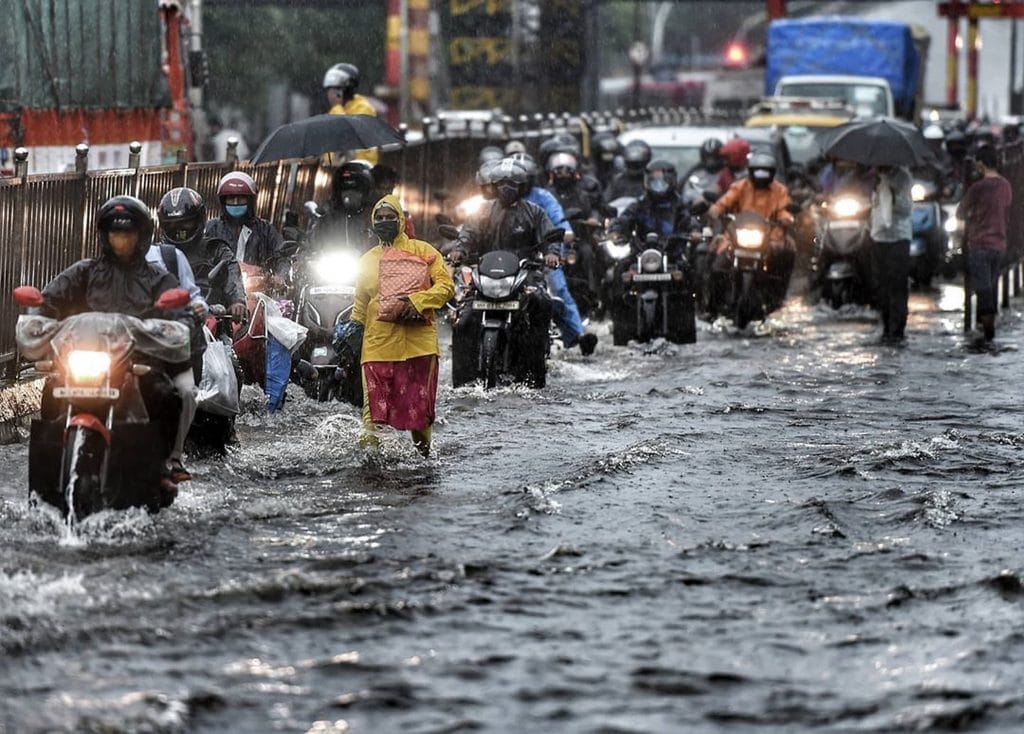The Indian financial centre sets down a net zero roadmap that is 20 years ahead of India’s 2070 goal, with detailed plans for climate investments and decarbonisation measures.
—
Mumbai, India’s largest city and financial centre, has set an ambitious goal and detailed plans to reach net zero carbon emissions by 2050, a target that is two decades ahead of India’s own national goal and the first city to do so in South Asia.
The announcement comes as a response to growing evidence and projection that rapidly rising sea levels and other extreme weather events induced by climate change could cost the city of Mumbai USD$920 million. Without any mitigation or adaptation, the effects of climate change could also cost the entire country of India USD$35 trillion over the next 50 years.
“We don’t have the luxury of time,” added Aaditya Thackeray, the environment minister of the state of Maharashtra, where Mumbai is the capital of.
Leveraging on the fact that the city is home to the biggest corporations and stock bourses in South Asia, as well as the central bank, the net zero roadmap will see an overhaul to the management of energy, water, air, waste, green spaces and transport for Mumbai’s 19 million residents.
The largest portion of planned investments will go into the energy sector, which currently accounts for 72% of total emissions in Mumbai. Other major investments will go towards management of housing, clean water and sanitation, and rooftop solar capacities, as well as decarbonisation measures such as electrifying public transport and installing more walkable streets to encourage less cars on the roads. For better climate resilience, the city also aims to improve flood-resistant drainage and water conservation.
The city may even consider raising funds through green bonds announced by the federal government, according to reports by Bloomberg. At the COP26 climate summit, rich nations have agreed to finally be able to pay up the promised $100 billion in international climate finance a year to accelerate the developing world’s transition to decarbonised economies and adaptation to climate change. This could potentially help contribute towards the city’s net zero plan.
In 2019, Mumbai emitted an estimated 23.42 million tons of greenhouse gas or 1.8 tons per capita. To slash 100% emissions within the next thirty years, Mumbai has set down a number of short-term goals as part of its roadmap. This includes adopting 2,100 electric buses by 2023 at a cost of 130 billion rupees (USD $1.7 billion) and projects such as retrofitting low-income homes with electricity-efficient technologies.
South Asia’s other megapolises including New Delhi, Bangalore, Chennai, Kolkata, Dhaka and Karachi are reportedly preparing their own climate action plans, amid growing number of climate migrants severely impacted by crop failures, water scarcity and storms caused by rising temperatures.
You might also like: A Roadmap for India: Transition Towards Net Zero
Featured image by: Pixahive


















